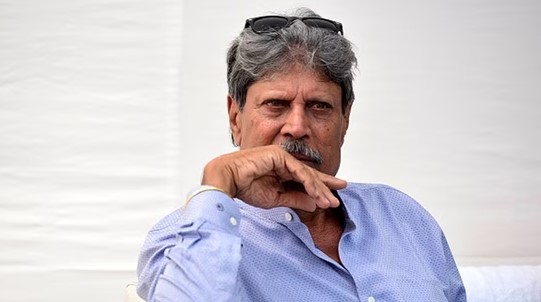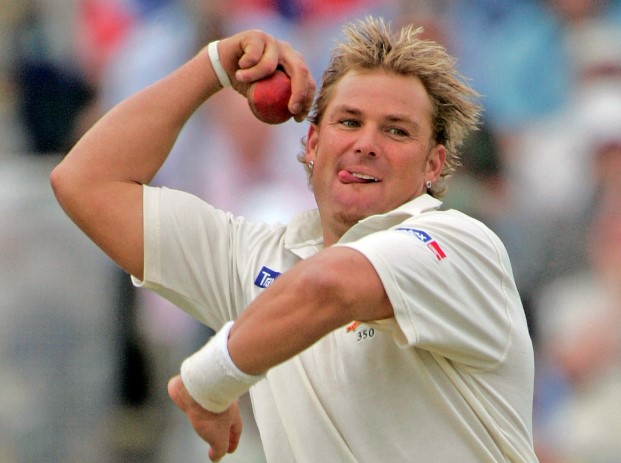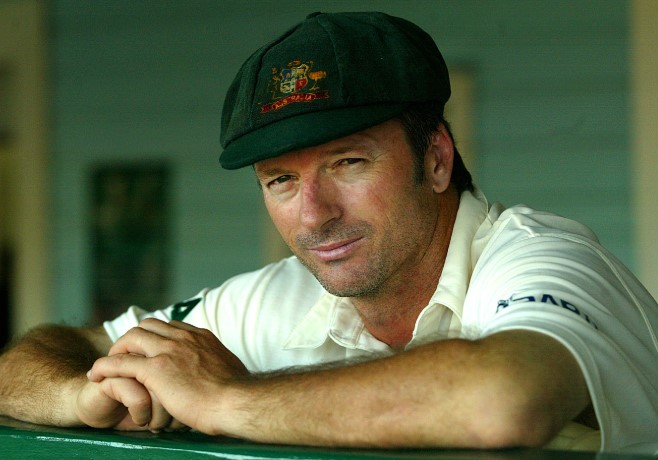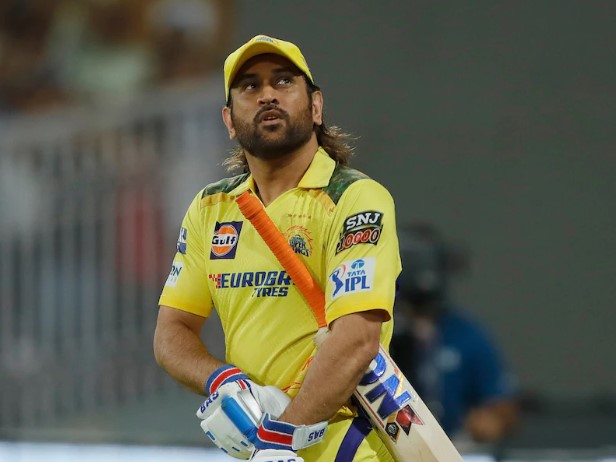Most Influential: Cricket has evolved dramatically over the years, and the role of the captain has always been crucial in shaping a team’s strategy, mentality, and success. The captain is often seen as the face of the team, setting the tone for both performance and culture. Some captains have left an indelible mark on the game, changing how teams approach tactics, leadership, and even the business side of cricket. This article examines four of the most influential cricket captains and their lasting impact on modern cricket: Kapil Dev, Shane Warne, Steve Waugh, and MS Dhoni.
1. Kapil Dev (India): The Architect of India’s 1983 World Cup Victory

Most Influential: Kapil Dev is widely regarded as one of the most transformative captains in the history of cricket. His leadership in the 1983 Cricket World Cup, where India won their first-ever title, changed the perception of Indian cricket forever. Prior to this, India was seen as a relatively weak team in international cricket, but Kapil Dev’s captaincy sparked a new era of Indian cricket.
Key Impacts:
- Tactical Innovations: Kapil Dev was one of the first captains to understand the significance of all-rounders. His faith in players like Mohinder Amarnath and Roger Binny—who could contribute both with the bat and the ball—added immense depth to the Indian team.
- Encouraging Aggression: While India was traditionally known for its conservative approach, Kapil Dev promoted a more aggressive style of cricket, particularly in one-day cricket. This mindset shift had a lasting effect on Indian cricketers.
- Belief in Team Unity: His leadership was marked by the ability to inspire and unify a diverse group of players, each with their own distinct strengths.
Most Influential: Kapil Dev’s 1983 World Cup win inspired generations of cricketers, and today, India’s aggressive approach in both formats is a legacy of his influence.
Kapil Dev’s Major Leadership Stats
| Metric | Kapil Dev |
|---|---|
| Total Matches as Captain | 39 |
| Matches Won | 17 |
| Matches Lost | 23 |
| Win Percentage | 43.5% |
| Best Moment | 1983 World Cup Victory |
| Key Players Developed | Mohinder Amarnath, Kris Srikkanth |
2. Shane Warne (Australia): The Master of Spin and Leadership

Most Influential: Shane Warne’s leadership qualities are often overlooked due to his legendary status as a bowler. However, Warne’s captaincy of the Australian Test team in the late 1990s and early 2000s had a profound impact on the way teams approach the game.
Key Impacts:
- Revolutionizing Spin Bowling: Warne’s influence as a captain extended to his role as a spinner, where he constantly encouraged attacking cricket. His bold use of the “fifth-day” pitch and his mastery over spin bowling made him one of the most tactically astute captains.
- Aggressive Field Placements: Warne wasn’t afraid to place attacking fielders, which was a big shift from the traditionally defensive field settings that dominated Test cricket before his era.
- Innovative Strategies: Warne used his flair and sharp cricketing mind to devise innovative strategies. For example, he would often opt for an attacking approach even on difficult pitches, knowing that the best form of defense was a good attack.
- The Ashes Triumphs: Warne captained Australia to several notable Ashes victories, with his leadership cementing Australia’s dominance in world cricket. His spell of 5/33 in the 1993 Ashes is still considered one of the greatest moments in cricket history.
Most Influential: Warne, although more of a strategic leader than a traditional tactician, paved the way for attacking spin bowling and bold captaincy, which has influenced the way spinners are utilized in modern cricket.
Shane Warne’s Leadership Stats
| Metric | Shane Warne |
|---|---|
| Total Matches as Captain | 5 |
| Matches Won | 3 |
| Matches Lost | 2 |
| Win Percentage | 60% |
| Best Moment | 1993 Ashes Win |
| Key Players Developed | Michael Clarke, Andrew Symonds |
3. Steve Waugh (Australia): The Iron Captain

Most Influential: When Steve Waugh took over the captaincy of Australia in the mid-1990s, he inherited a team filled with talented but inconsistent players. Waugh’s unyielding mental toughness and tactical acumen helped elevate Australian cricket to unprecedented heights. Under his leadership, Australia became a dominant force in world cricket, winning the 1999 Cricket World Cup and dominating both Test and ODI cricket for nearly a decade.
Key Impacts:
- Mental Toughness: Steve Waugh was the captain who instilled a never-say-die attitude in the Australian team. His mantra of “mental toughness” became a central theme, influencing how Australian cricketers approached challenging situations.
- The Aggressive Australian Brand: Waugh, along with his teammates like Shane Warne, Ricky Ponting, and Glenn McGrath, promoted an aggressive style of cricket. He made Australia synonymous with intense competition and ruthless professionalism.
- Captaincy Legacy: Waugh’s leadership was built on precise tactical planning and an emphasis on team unity. He made Australian cricket a force to be reckoned with, where even in difficult times, his team knew how to pull through.
- Test Match Success: Under Waugh, Australia won 15 consecutive Test matches and established a legacy of Test dominance, which continued even after he retired.
Most Influential: Steve Waugh’s impact on the modern game can still be seen in how teams focus on mental resilience and aggressive, result-oriented cricket.
Steve Waugh’s Leadership Stats
| Metric | Steve Waugh |
|---|---|
| Total Matches as Captain | 57 |
| Matches Won | 41 |
| Matches Lost | 9 |
| Win Percentage | 71.9% |
| Best Moment | 1999 World Cup Victory |
| Key Players Developed | Ricky Ponting, Adam Gilchrist, Michael Clarke |
4. MS Dhoni (India): The Modern Captaincy Icon

Most Influential: Perhaps the most influential captain in the modern era, MS Dhoni is widely credited with transforming Indian cricket, especially in the limited-overs format. His calm demeanor, sharp tactical mind, and ability to make the right decisions under pressure have made him an iconic figure in world cricket.
Key Impacts:
- Cool and Composed Leadership: Dhoni was known for his composure under pressure. His ability to make crucial decisions in high-stakes moments, such as the 2007 ICC T20 World Cup Final and the 2011 ICC Cricket World Cup Final, set him apart from other captains.
- Innovative Captaincy: Dhoni’s leadership saw a shift toward aggressive batting and innovative field placements. He is one of the first captains to fully embrace the concept of death bowling in ODIs and T20Is.
- Adaptation to Format Changes: Dhoni’s leadership evolved to suit all formats, from leading India to the 2007 T20 World Cup, to winning the 2011 ICC Cricket World Cup and the 2013 ICC Champions Trophy.
- Rise of Indian Youth: Under Dhoni’s leadership, players like Virat Kohli, Rohit Sharma, Ravichandran Ashwin, and others blossomed into world-class performers, laying the foundation for India’s future dominance in world cricket.
Most Influential: Dhoni’s influence is perhaps most visible in the way captains today approach pressure situations, leading from the front in high-intensity games and knowing when to back their players.
MS Dhoni’s Leadership Stats
| Metric | MS Dhoni |
|---|---|
| Total Matches as Captain | 332 |
| Matches Won | 178 |
| Matches Lost | 123 |
| Win Percentage | 56.1% |
| Best Moment | 2007 T20 World Cup Victory, 2011 World Cup Win |
| Key Players Developed | Virat Kohli, Rohit Sharma, Ravindra Jadeja |
Conclusion: Legacy of Influence
Most Influential: Each of the four captains—Kapil Dev, Shane Warne, Steve Waugh, and MS Dhoni—had a monumental impact on the way cricket is played today. Their leadership styles have influenced the tactical and mental approach that modern captains bring to the game.
- Kapil Dev showed the importance of unity and aggressive cricket.
- Shane Warne revolutionized the use of spin and attacking field placements.
- Steve Waugh brought mental toughness and uncompromising aggression to the forefront of cricket.
- MS Dhoni redefined modern captaincy with his calm, collected, and innovative approach to limited-overs cricket.
Most Influential: Ultimately, their influence continues to shape the ethos of cricket today, with captains and teams adopting a combination of these traits to stay competitive in a fast-evolving sport.
